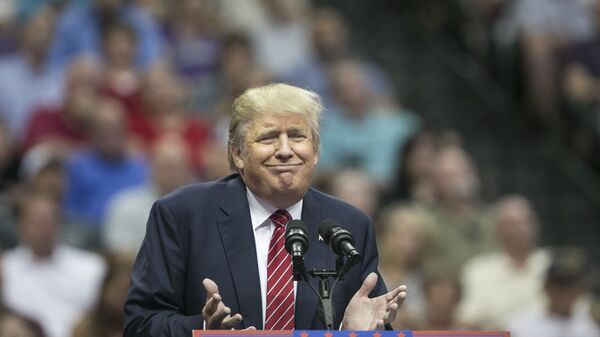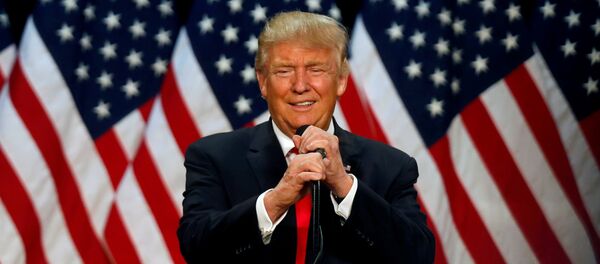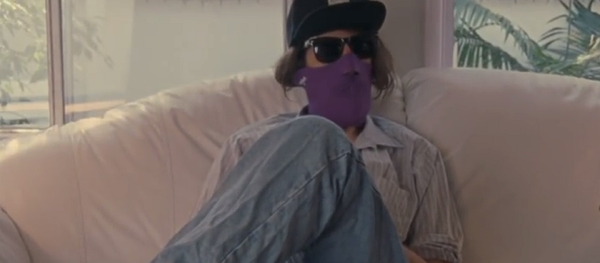A December 2015 press release from the Trump campaign said, "Donald J. Trump is calling for a total and complete shutdown of Muslims entering the United States until our country's representatives can figure out what is going on." More recently, the real-estate speculator-turned-candidate has amended his proposed ban to "areas of the world where there is a proven history of terrorism against the United States."
But approval numbers for the ban have crept past that of the former reality television star. A Huffington Post poll found that Trump currently has a 35% approval rating, down two points in May. A Reuters/Ipsos five-day poll showed that, as of July 1, 46% of Americans favor the ban, up from May’s 40%.
Shortly after the horrific June gun massacre in Orlando, Florida, an NBC News-SurveyMonkey poll reported that 50% of Americans either somewhat or strongly support the ban, while 46% opposed it. It is notable that such a ban would not have prevented the shooting, as the shooter was an American citizen, born in New York to immigrant parents.
A mid-June poll, conducted by Morning Consult, showed 48% of Americans supporting a ban on Muslims, 40% opposing the ban and 11% not giving an opinion. The results suggest that the proposed ban has traction outside of Trump’s notoriously conservative support base.
Crosstabs on the Morning Consult’s poll showed that 32% of people who voted for Barack Obama in 2012 strongly or somewhat support a temporary ban on Muslims entering the country. A Fox News poll conducted last week showed similar overlap. Only 3% of African-Americans and 6% of Democrats favored Trump over Clinton, but 19% of Democrats and 25% of African Americans agreed with the statement that a temporary ban on Muslims would make the US "safer."
Certain states show stronger support for the ban than others. The University of Texas/Texas Politics Project conducted a survey at the end of June showing 52% of voters in support of the ban. There was strong support among GOP voters, 76% of whom supported the ban, a 13% uptick since the same poll was conducted in February. Most Texas Democrats opposed the ban, but 26% said they either somewhat or strongly supported it.




